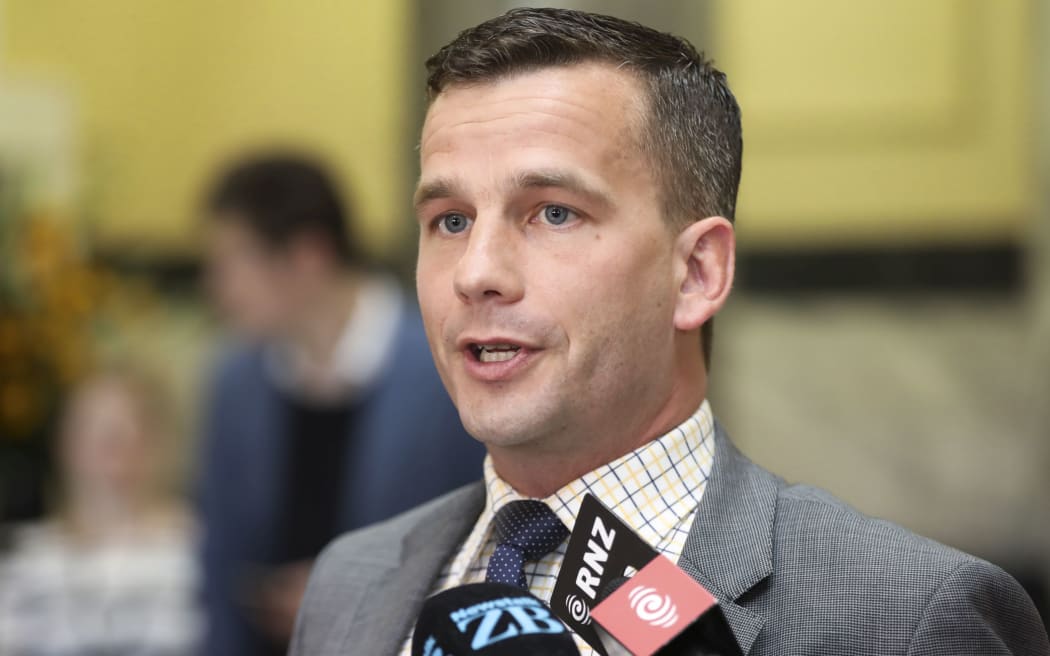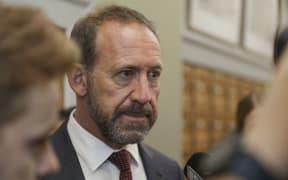MPs will this evening cast the deciding vote on whether to send the question of voluntary euthanasia to the public or to dump the issue altogether.

David Seymour Photo: RNZ / Ana Tovey
The End of Life Choice Bill would allow terminally ill adults to request a medically-assisted death. A protest is planned for midday on Parliament's lawn ahead of the third reading and vote starting at 4pm.
In a change secured by New Zealand First, it would first have to go to a public vote to be held alongside next year's general election.
The bill cleared its second reading 70 votes to 50 in June, and is expected to pass its third and final reading in Parliament tonight.
The bill's sponsor, ACT leader David Seymour, was "quietly confident" it would pass, but would continue working for votes up to the last minute.
"We've had the arguments - I don't think anyone will ever be able to say that Parliament didn't properly scrutinise this bill.
"It's been nearly two years since the parliamentary process started. And over that time we've kicked around every conceivable argument for and against the bill."
A major change was the requirement that two doctors must independently judge a person making a request medically-assisted death has a terminal illness likely to end their lives within six months.
The bill now also includes a provision that doctors and nurses cannot suggest or recommend euthanasia to a patient, and must stop the process if it's suspected the patient has been pressured into it. There are added employment protections for doctors and nurses who object to taking part.
Mr Seymour says he regretted having to narrow the bill but he believed it would still help people facing terrible deaths."
He said the legislation was "incredibly unlikely" to be changed in the future because MPs were reluctant to take up these kinds of moral issues, and if it did return to Parliament all the same arguments would come into play again.



